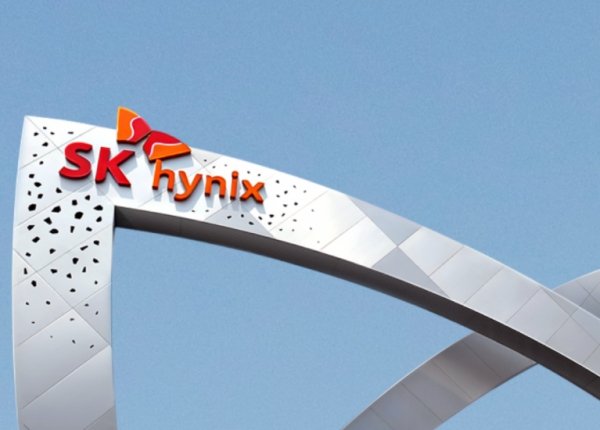SK Hynix, the world’s second-largest memory chipmaker, announced a surprising Q4 profit of 346 billion won ($259.8 million) with a 47% increase in revenue. Focusing on high-end memory semiconductors for AI chipsets, particularly in collaboration with key client Nvidia, the company is set to become a comprehensive AI memory provider. CFO Kim Woohyun credited the turnaround to technological leadership in the AI memory space. SK Hynix’s advanced DRAM chips, including high bandwidth memory (HBM) chips, are in high demand for GPUs used in generative AI data processing by companies like Nvidia. Sales of its HBM3 chips, developed ahead of competitors, grew more than fivefold in 2023. After a lengthy decline, this is SK Hynix’s first operating profit since Q3 2022.

The strong performance was a significant deviation from expectations, as analysts had anticipated an operating loss of 192 billion won. This turnaround represents a pivotal moment for SK Hynix, marking its first operating profit since the third quarter of 2022 when it reported a loss of 1.9 trillion won.
CFO Kim Woohyun emphasized the company’s technological prowess in the AI memory sector as the driving force behind this success. In an official statement, he expressed the company’s commitment to evolving into a “total AI memory provider,” signaling an ambitious shift in strategic focus.
The demand for SK Hynix’s advanced DRAM chips, exceptionally high bandwidth memory (HBM) chips, has surged. These chips are integral to graphic processing units (GPUs) manufactured by industry leaders like Nvidia. GPUs play a crucial role in processing vast amounts of data in generative AI applications, contributing to the growing significance of SK Hynix’s offerings in the market.

Notably, the company reported a remarkable increase in sales of its HBM3 chips, which outpaced competitors. The figures show a more than fivefold growth in 2023 compared to the previous year, underscoring SK Hynix’s proactive approach to innovation and market needs.
SK Hynix’s lead in developing High Bandwidth Memory (HBM) chips is positioned to enhance its profitability and beat market expectations in the coming year, analysts predict. With increasing demand from major clients such as Nvidia, cloud service providers, and other tech giants incorporating AI functions into devices, SK Hynix is well-positioned for growth.

Analysts, including Greg Roh, Head of Research at Hyundai Motor Securities, note that the strong demand for AI-driven products is causing clients to express concerns about inadequate supplies. In comparison, the memory business has been steadily rebounding from low demand. Roh estimates that HBM chips will likely represent 15% of industry-wide Dynamic Random-Access Memory (DRAM) sales in the current year, a significant increase from 8% in 2023.

SK Hynix is gearing up for mass production of its upcoming HBM version, HBM3E, scheduled for the year’s first half. Additionally, the company is actively working on developing the next-generation chip, HBM4.
Despite a recent 18% surge in the company’s shares following the optimistic outlook for AI memory chips in its last quarterly earnings release, a 2.6% dip in the stock during afternoon trade was attributed to profit-taking, according to analysts.
SK Hynix anticipates a positive trend in chip prices for the broader market this year. The improvement is attributed to the need for clients to refill their stock, coupled with a continued reduction in manufacturers’ production of older chip models. In the fourth quarter, the company experienced a boost in results due to increased demand for restocking from Chinese mobile phone manufacturers.
Similarly, when it reports its comprehensive fourth-quarter results on January 31, Samsung Electronics, a significant rival, is anticipated to indicate an increase in demand for memory chips.




